Digger tools play a crucial role in a variety of industries, ranging from construction and landscaping to agriculture and utilities. These powerful machines provide efficiency and precision, making them essential investments for businesses seeking to streamline their operations. Understanding the different types of digger tools available, their applications, and the factors to consider when making a purchasing decision can significantly impact a company’s productivity and profitability. 1. Types of Digger Tools: There are several types of digger tools, each designed for specific purposes and environments. Excavators, backhoes, trenchers, and augers are among the most commonly used ones. Excavators, for instance, are versatile machines ideal for digging holes, trenches, and foundations. Backhoes excel at excavating and loading tasks, while trenchers specialize in digging trenches of varying widths and depths. Augers are used for drilling holes and are commonly employed in the utilities and agriculture industries.
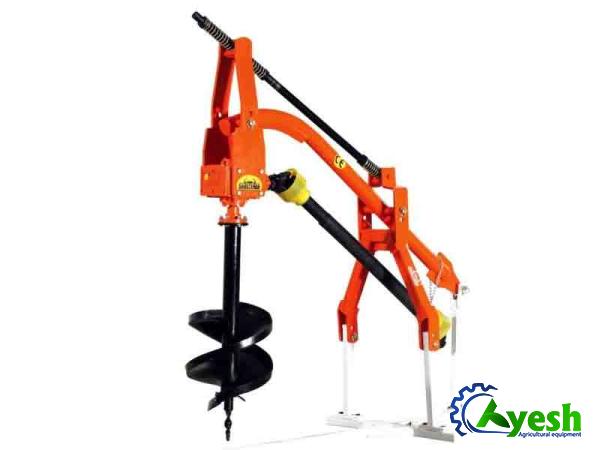
.
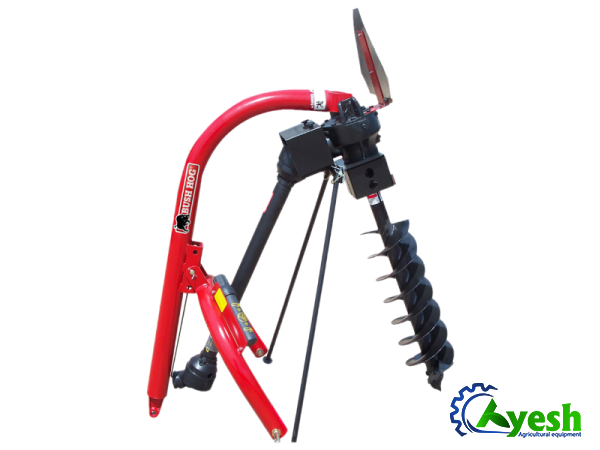 2. Applications of Digger Tools: Digger tools find applications in numerous industries. In the construction sector, they are employed for site preparation, excavation, and foundation work. In the agricultural field, diggers aid in land preparation, irrigation, and the installation of drainage systems. Utilities companies utilize digger tools for cable and pipeline installation, while landscapers rely on them for grading and digging trenches for irrigation systems. Understanding the specific needs of your business will help determine the most suitable type of digger tool. 3. Factors to Consider when Purchasing Digger Tools: When making a purchasing decision, several factors warrant consideration to ensure the digger tool meets the requirements and budget of the business: a. Size and Power: Digger tools come in various sizes and power capacities. Choosing the right size and power output depends on the intended applications and the scale of the projects your business undertakes. b. Attachments: Digger tools often have a range of interchangeable attachments that expand their functionality.
2. Applications of Digger Tools: Digger tools find applications in numerous industries. In the construction sector, they are employed for site preparation, excavation, and foundation work. In the agricultural field, diggers aid in land preparation, irrigation, and the installation of drainage systems. Utilities companies utilize digger tools for cable and pipeline installation, while landscapers rely on them for grading and digging trenches for irrigation systems. Understanding the specific needs of your business will help determine the most suitable type of digger tool. 3. Factors to Consider when Purchasing Digger Tools: When making a purchasing decision, several factors warrant consideration to ensure the digger tool meets the requirements and budget of the business: a. Size and Power: Digger tools come in various sizes and power capacities. Choosing the right size and power output depends on the intended applications and the scale of the projects your business undertakes. b. Attachments: Digger tools often have a range of interchangeable attachments that expand their functionality.
..
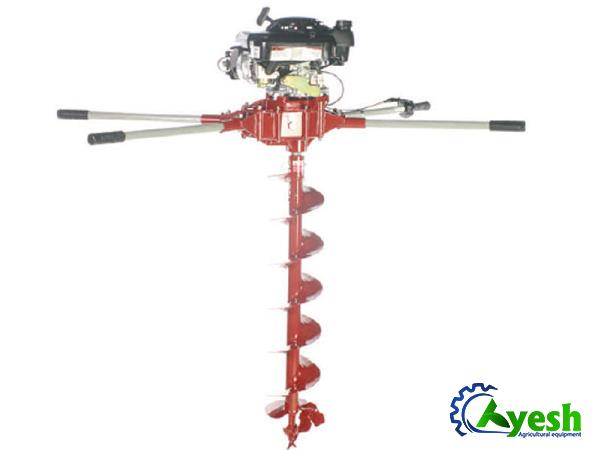 Assessing the availability and compatibility of attachments will enhance the versatility of the machine and its ability to perform multiple tasks. c. Durability and Reliability: Investing in a robust and reliable digger tool is crucial for long-term operational efficiency. Consider the manufacturer’s reputation, warranties, and customer reviews to gauge the quality and reliability of the machine. d. Maintenance and Servicing: Understanding the maintenance requirements and availability of spare parts and servicing options is vital to keep the digger tool in optimal condition over its lifespan. 4. Training and Safety: Proper training is essential for operators to maximize the performance of digger tools and ensure safety. Offering comprehensive training programs and adhering to safety protocols will minimize the risk of accidents and equipment misuse.
Assessing the availability and compatibility of attachments will enhance the versatility of the machine and its ability to perform multiple tasks. c. Durability and Reliability: Investing in a robust and reliable digger tool is crucial for long-term operational efficiency. Consider the manufacturer’s reputation, warranties, and customer reviews to gauge the quality and reliability of the machine. d. Maintenance and Servicing: Understanding the maintenance requirements and availability of spare parts and servicing options is vital to keep the digger tool in optimal condition over its lifespan. 4. Training and Safety: Proper training is essential for operators to maximize the performance of digger tools and ensure safety. Offering comprehensive training programs and adhering to safety protocols will minimize the risk of accidents and equipment misuse.
…
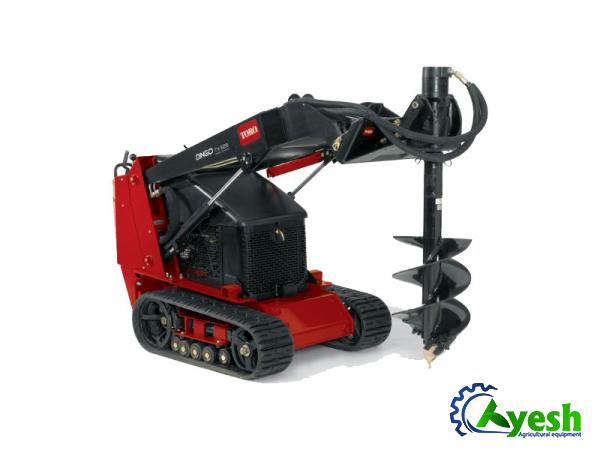 Regularly updating training programs and providing refresher courses will keep operators up to speed with industry advancements and best practices. Conclusion: Digger tools are invaluable assets for businesses in various industries. With the right type of digger tool, tailored to their specific needs and applications, companies can enhance their operational efficiencies, increase productivity, and ultimately boost their bottom line. By considering factors such as size, power, attachments, durability, and maintenance, businesses can make informed purchasing decisions that optimize their investment in digger tools. Additionally, prioritizing training and safety measures will ensure that operators utilize these machines to their full potential while minimizing workplace accidents. With a well-researched approach to digger tool acquisition and usage, businesses can set themselves up for success in today’s competitive landscape.
Regularly updating training programs and providing refresher courses will keep operators up to speed with industry advancements and best practices. Conclusion: Digger tools are invaluable assets for businesses in various industries. With the right type of digger tool, tailored to their specific needs and applications, companies can enhance their operational efficiencies, increase productivity, and ultimately boost their bottom line. By considering factors such as size, power, attachments, durability, and maintenance, businesses can make informed purchasing decisions that optimize their investment in digger tools. Additionally, prioritizing training and safety measures will ensure that operators utilize these machines to their full potential while minimizing workplace accidents. With a well-researched approach to digger tool acquisition and usage, businesses can set themselves up for success in today’s competitive landscape.
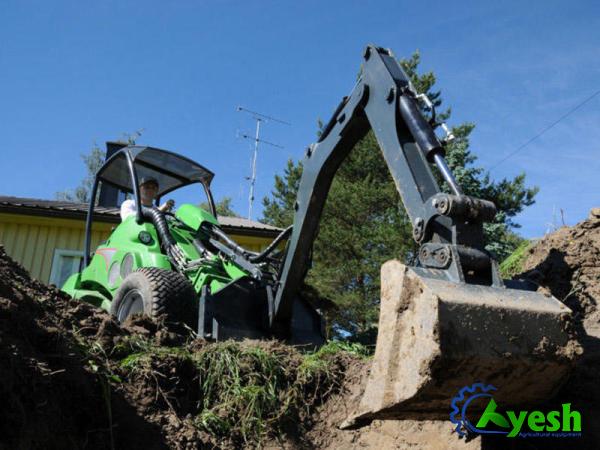

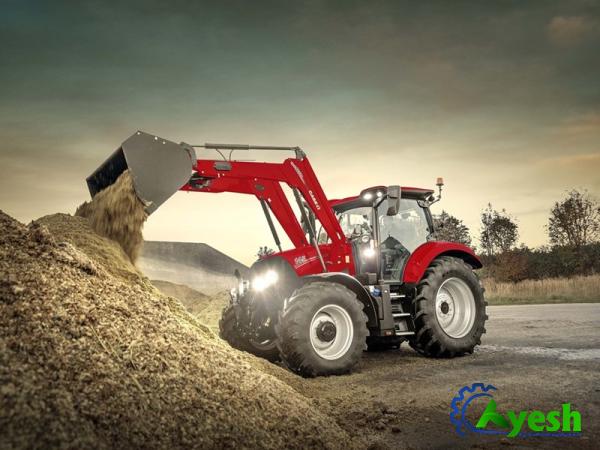
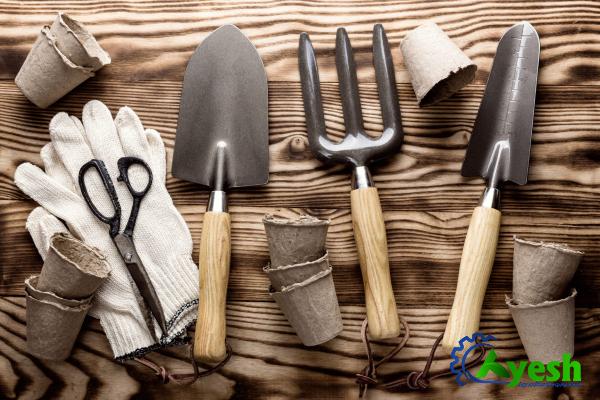
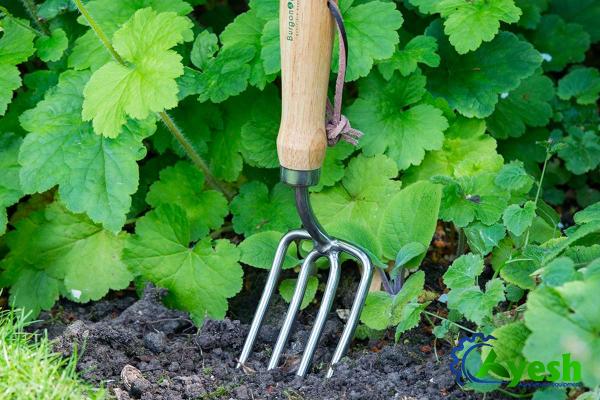

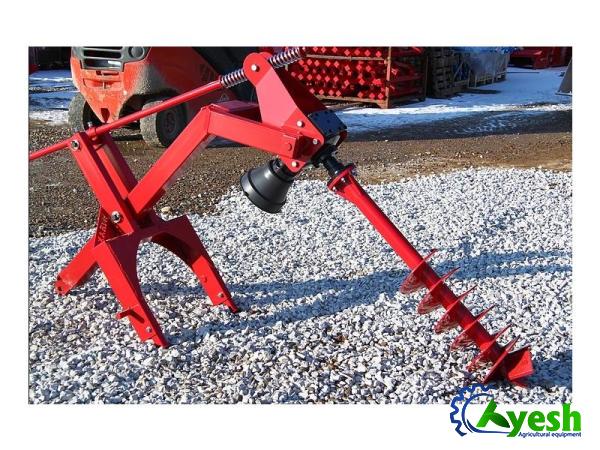
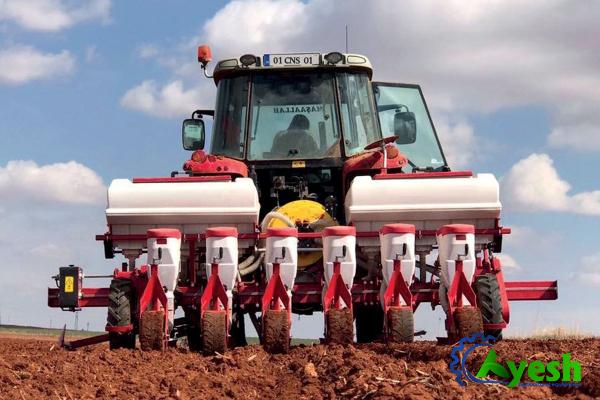
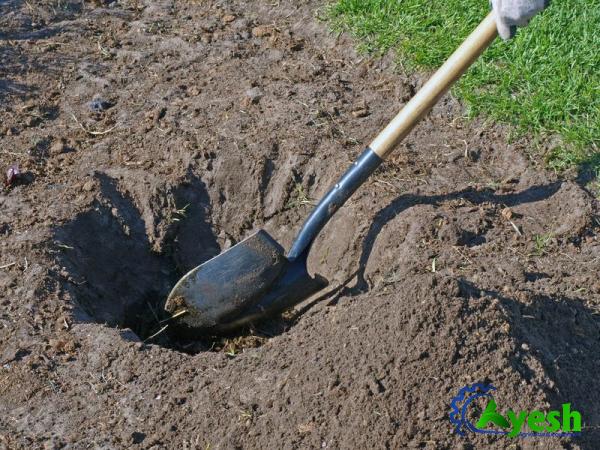
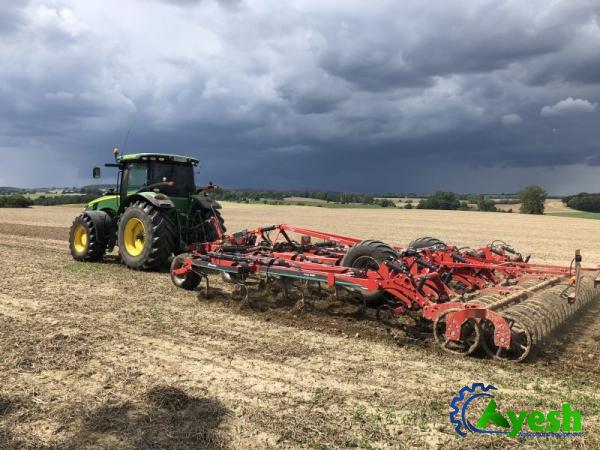
Your comment submitted.